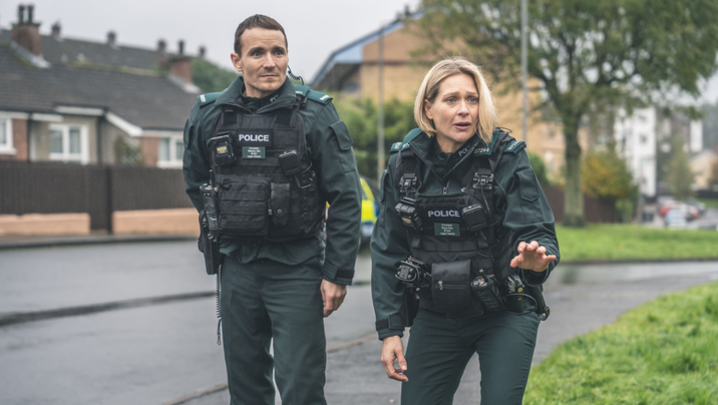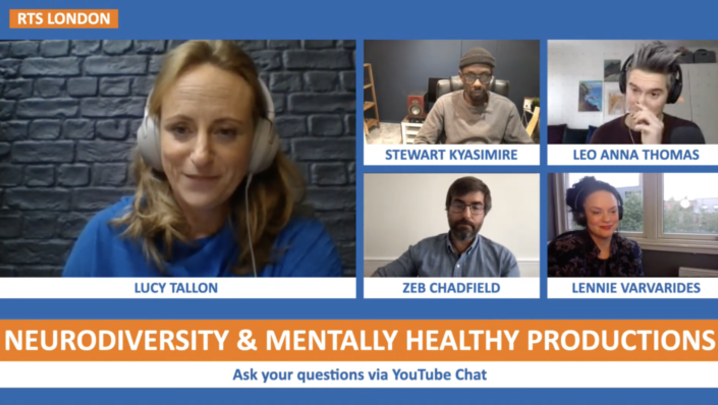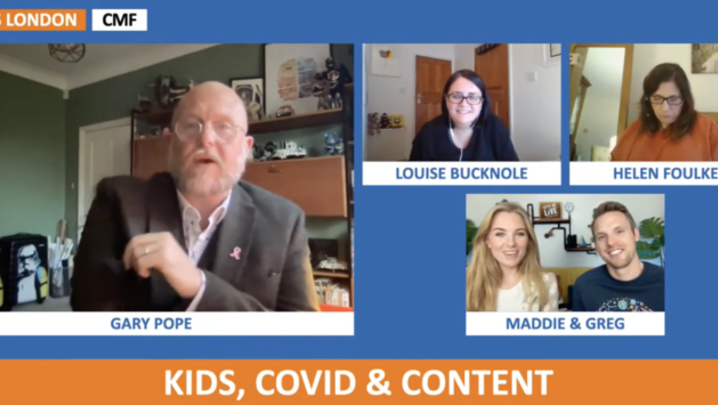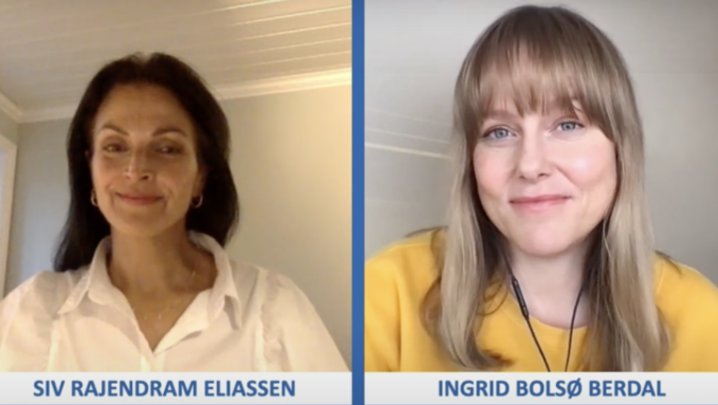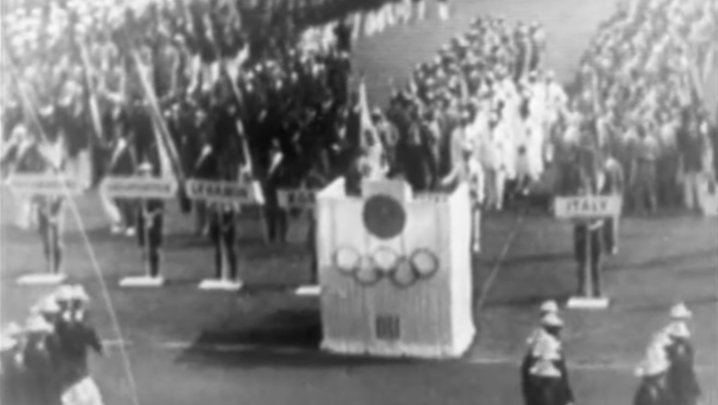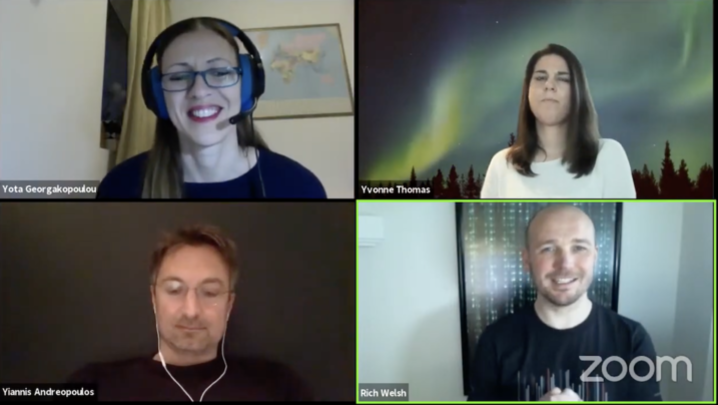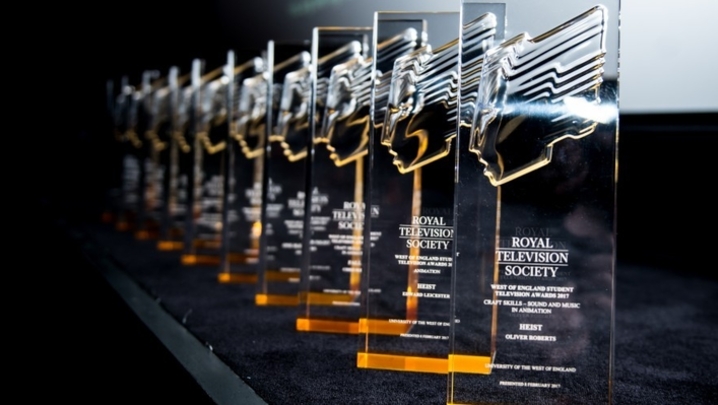RTS London’s final session at ITV Studios on the South Bank looked at how artificial intelligence (AI) could shape the future of broadcasting.
Very broadly, AI is teaching computers to “learn” from data without being programmed (rather as humans do) – so-called “machine learning”.
Ian Whitfield, founder of Virtual AI and ex ITV director of technology, explained how his company’s systems enhance the automation of back-office processes that are fundamental to broadcast TV: “In channel scheduling, many of the repetitive and timeconsuming tasks can be done by robots.”
With a low cost of entry, he claimed that payback for a straightforward system could take less than a year.
IBM global cognitive solutions leader Doug Clark said that Watson – IBM’s AI brand – is already helping to speed up many production processes. “We’re analysing text, audio and video to create enhanced metadata and new ways of presenting content. [There are] opportunities to mine and monetise it, and service the content more effectively,” he said.
BBC Four channel editor Cassian Harrison revealed a current project with BBC Research & Development (R&D) to use machine learning to make the most of the BBC’s vast archive of audio visual content.
“Finding the best of it is a real challenge,” he said. “Can technology help us capture content that represents the spirit of BBC Four – the kind of content that our audience will love?”
George Wright, head of internet research and future services at BBC R&D, added: “We’re working on using AI to make better programmes – the current project will ask, ‘What could an evening of BBC Four chosen by AI look like?’ And, ‘Can AI be dynamic enough to respond in real time to audience feedback?’”
Farewell to ITV Studios
After 17 years, ‘AI in broadcasting’ was the last RTS London event to be held at ITV Studios, which are due to be demolished later this year. Former London Chair Norman Green looks back at the centre’s long relationship with the South Bank building.
"On 8 February 2001, we held our first event, 'Interactive education', at London Weekend Television’s (LWT) 14th-floor review theatre, with a panel of experts from the BBC, Granada, Channel 4 and other digital broadcasters.
"The review theatre was limited to about 60 seats, so, at several events, we had people sitting on the window sills and the stairs to the projection room, but we stayed at LWT until spring 2007, when ITV carried out a revamp of the 14th floor.
"We took up residence at the Moving Picture Company for nine months, before moving back to the newly revamped, up-market 14th floor of LWT, which was now called the Embankment Room.
"In 2010, we moved to the old bar area, where we have been ever since, attracting up to 200-plus audiences to our events, which have ranged across the disciplines that make up the TV industry.
"It is with great sadness that we have to leave the LWT/ITV Studios, but we wish to say a 'Big Thank You' for their generosity over almost two decades, during which time they have provided the London Centre with superb facilities at no charge."



